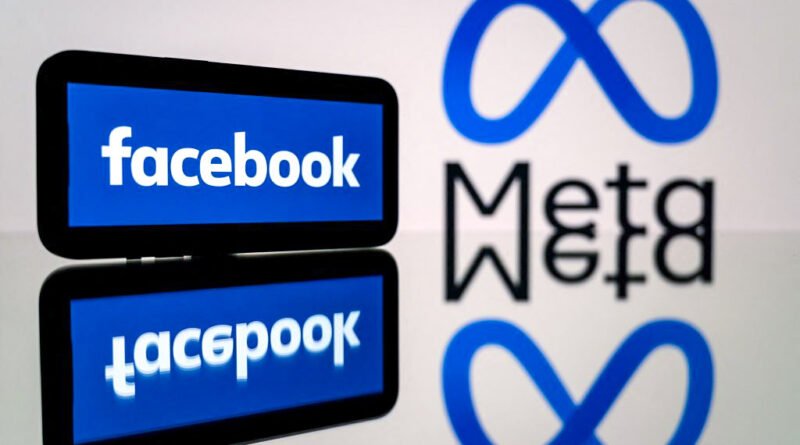Meta is concluding its news deals, as consumers are showing a preference for shorter videos.
‘For the vast majority of people using Facebook, less than 3 percent of their feed is news links,’ a Meta director said.
Meta has stated that the lack of user interest in news was the driving factor behind its decision to terminate agreements with Australian news organizations.
After the introduction of the News Media Bargaining Code in 2021, social media giants Meta and Google engaged in commercial partnerships with news outlets in Australia, with Meta compensating these organizations for featuring news on their digital platforms.
These agreements led to an additional revenue of up to $200 million (US$133 million) for news organizations, enabling many of them to sustain and grow their operations.
However, Meta announced in March 2024 that it would not renew these contracts, which are set to expire later this year.
Meta’s decision has triggered strong opposition from media outlets given its adverse effects on their businesses.
News Corp Australia Executive Chairman Michael Miller, at one point, proposed that the government should ban Meta if it backed out of the Code and terminated its agreements with news organizations.
In late May, News Corp revealed plans to lay off as many as 100 employees as part of a major restructuring necessitated by a sharp decline in advertising revenues.
Meanwhile, Nine Entertainment became the latest media entity to implement job cuts, letting go of 200 staff members to address advertising challenges and revenue losses resulting from Meta’s decision.
Meta Explains Its Withdrawal Decision
During a recent social media inquiry, Meta representatives were questioned about their decision to withdraw and their future plans.
In response, Mia Garlick, Meta’s regional director of policy for Australia, noted that a small fraction of Facebook users engaged with news content on the platform.
She described Facebook News as an unsuccessful product following its introduction in 2019 due to significant changes in consumer preferences.
Ms. Garlick highlighted an 80 percent decrease in the use of Facebook News, leading to the decision to discontinue it in Australia in February of this year.
Furthermore, she mentioned that Meta had received consistent feedback from users requesting less news on the platform.
To stay competitive in the digital landscape, Meta must prioritize experiences that are most relevant and valuable to users, according to Ms. Garlick.
Meta Questioned About Its Data
Labor MP Kate Thwaites, chair of the joint committee on social media, questioned the accuracy of Meta’s claim that news accounted for less than 3 percent of content in Facebook feeds.
Ms. Garlick responded by stating that the 3 percent figure has remained consistent since 2018, following a reduction in public content, including news, on the platform.
She explained that some users’ perceptions of news content on Facebook may not align with actual data due to highly personalized experiences on the platform.
While acknowledging that some users consume news through short videos on Meta’s platforms, Ms. Garlick emphasized that this proportion is significantly smaller compared to overall engagement.
She explained that news content does not exhibit the virality and engagement seen with other types of content on the platform, based on user feedback and surveys conducted by Meta.
Meta’s Next Move
In response to queries about its future actions, Ms. Garlick mentioned that Meta is evaluating various options and has not received any indications from the government about potential next steps.



